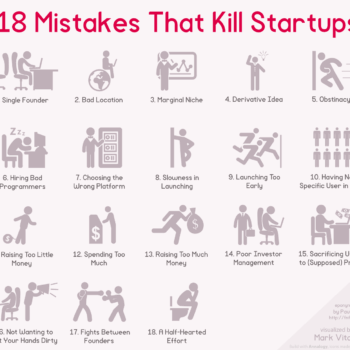Perhaps, like me, you find yourself not only making fewer phone calls, but increasingly disinclined to answer them. One of the reasons for this is that, as a medium, the phone is synchronic: when it rings, you are pretty much obliged to answer at that moment, unless you either prefer the caller to to leave you a message — another practice also in progressive disuse — or you’ll return the call later, an option that, in the case of corporate switchboards, is often difficult.
The other reason phone calls are a hassle is the uncertainty they generate. Due to their analog origin, when you don’t have the caller in your address book, all you see is a number, which is not much help, thus forcing you to decide whether or not to answer what may turn out to be a sales call.
But all this could change if we start using Google Phone, an app that until now was only pre-installed in the company’s Pixel and Android One terminals, but some of whose functionalities are already being extended to other smartphones with Android Pie installed, such as those made by LG, OnePlus or Samsung, which can download the app from the Play Market and then configure it as the default call application. The idea is to introduce some advanced features, such as caller identification information (that can be verified by Google), a logo or, more interestingly, a short text to specify the reason for the call.
Google says calls will be verified through a simultaneous ping mechanism to a Google server, and that the system will be equipped with controls to prevent abuse by companies. The ping will go from the company to a Google server, and will include its phone number, the receiver and the reason for the call. According to Google, this information would be removed from the server within minutes, and would give the recipient of the call a better idea of whether they should interrupt what they are doing and answer it.
There are many examples when you might want to take a call from unknown number: a warning from your home burglar alarm service, an amount that exceeds a certain limit on your credit card, or rescheduling a trip. Once its use has been standardized and extended, this service could be very useful, and not only for recipients: companies that know how to use this type of additional information in a respectful and responsible way may get better response rates.
Due to hardware dependencies, some of these possibilities will only be available on terminals where the app is pre-installed, but others could be run simply after downloading to compatible smartphones, regardless of the operator, and starting this week in the United States, Brazil, India, Mexico and Spain.
About the Author
This article was written by Enrique Dans, professor of Innovation at IE Business School and blogger at enriquedans.com.






























